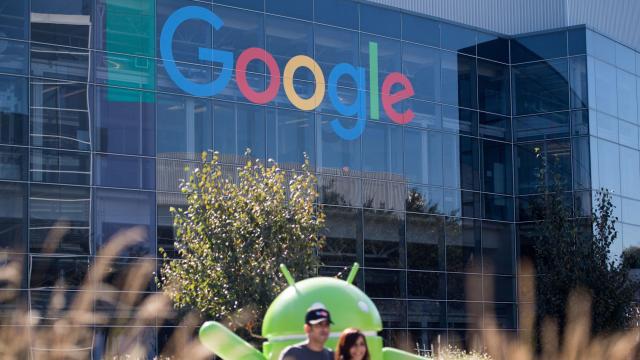Google’s Android app store is the subject of an antitrust lawsuit brought by 36 U.S. states and Washington, D.C. on Wednesday — the latest instalment in the ongoing showdown between tech giants and the regulators that seek to bring them to heel.
Filed in a California federal court and led by Utah, North Carolina, Tennessee, New York, Arizona, Colorado, Iowa and Nebraska, the antitrust suit specifically targets Google’s plans to force all app developers who traffic in its Google Play Store to pay a 30 per cent commission on sales of digital goods or services.
Scheduled to go into effect in September, that rule change would be a formalisation of a long-held but seldom-enforced policy wherein any app developer using the Play Store must use Google’s proprietary payment system in order to make purchases.
Those billing rules, once announced, had the unintended effect of agitating some of the most prominent companies Google works with, including Netflix, Spotify and Match Group. The resultant outcry forced Google to respond by lowering commissions to 15 per cent on the first $US1 ($1.4) million in sales, but the company still defended its practices. During a Senate hearing in April, however, the company argued that its commissions were in line with the industry standard, and said that those payments help fund developer tools and updates to Android.
Although antitrust enforcers in the U.K. and Australia have investigated Google for monopolistic practices in the past, Wednesday’s lawsuit — which is being brought by a bipartisan group of state attorneys general — represents the first major attempt to challenge Google’s alleged dominance in the mobile app store market in the U.S.
The suit isn’t the only legal challenge dogging Google lately, though, as the company currently finds itself in the crosshairs of three other, separate antitrust lawsuits. In the first suit, filed October 2020, the Justice Department and 14 states accused Google of attempting to dominate the mobile search market. In a second suit filed in December of that year, 38 states and territories claimed that Google used anticompetitive tactics to achieve a monopoly in in general search and search advertising. And in a third suit, filed by 15 states and territories, Google stands accused of using its considerable power to crush competitors in the digital ad space.
